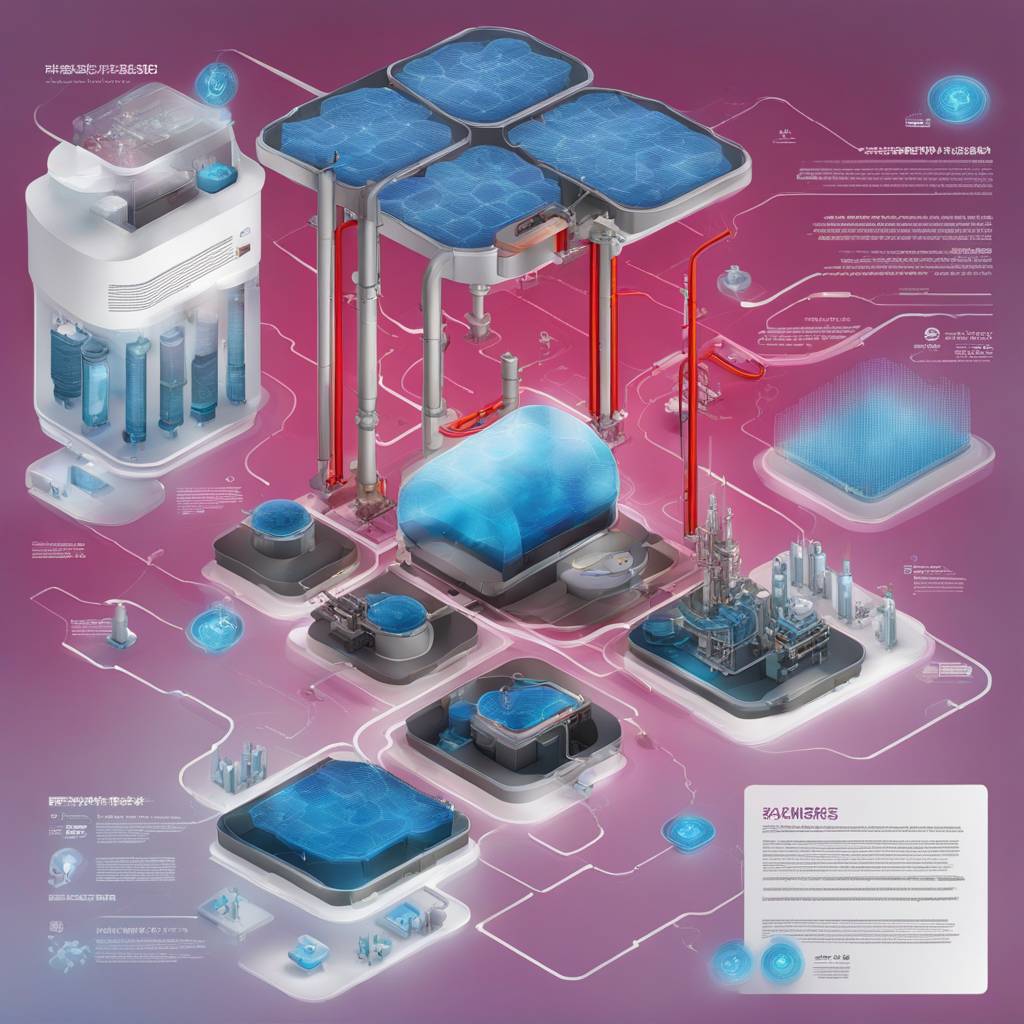The water electrolysis process is a method that produces hydrogen by electrolyzing water, offering a clean and eco-friendly way to produce hydrogen fuel without releasing harmful environmental pollutants. However, this process has faced limitations in terms of low efficiency and high production costs. To address these challenges, a team of researchers from Pohang University of Science and Technology (POSTECH) developed a new catalyst using an oblique angle deposition method and nickel (Ni).
The research team, led by Professor Jong Kyu Kim and Ph.D. Jaerim Kim, collaborated to create a cost-effective and efficient water electrolysis catalyst that outperforms traditional catalysts. By utilizing the oblique angle deposition technique, they were able to engineer highly porous nickel nanorods that exhibit superaerophobic surface properties. This unique catalyst design accelerates the separation of hydrogen bubbles, improving process efficiency by 55-fold compared to conventional thin film structures.
The use of precious metals like platinum in water electrolysis processes has contributed to high production costs, making the technology economically impractical. By opting for nickel as a catalyst, the research team was able to significantly reduce costs while maintaining high efficiency in hydrogen generation. The superaerophobic surface of the newly developed nickel nanorods array enhances the separation of hydrogen bubbles, overcoming issues related to blockages in active sites and reactant movement.
Professor Jong Kyu Kim and Ph.D. Jaerim Kim emphasized the importance of their research in advancing towards a hydrogen economy and a carbon-neutral society. They highlighted the potential of their breakthrough not only in water electrolysis but also in other renewable energy applications where surface reactions are critical, such as carbon dioxide reduction and light energy conversion systems. The study was supported by various funding programs in Korea focused on hydrogen energy innovation and future material discovery.
Overall, the development of an economical and efficient water electrolysis catalyst using an oblique angle deposition method and nickel marks a significant advancement in the field of green hydrogen production. This breakthrough has the potential to revolutionize the way hydrogen fuel is generated, moving towards a more sustainable and environmentally friendly energy economy. Through innovative research and collaboration, the team at Pohang University of Science and Technology has made a notable contribution to the future of renewable energy technology.













